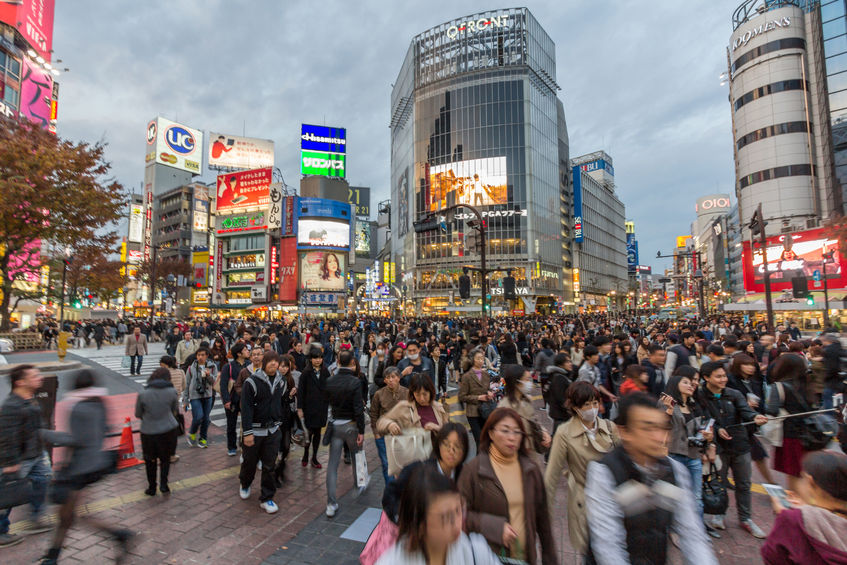Is Japan Racist?

Is Japan Racist?
Navigating Cultural Nuances and Misconceptions
When it comes to understanding the dynamics of racial relations in any country, it’s important to approach the topic with nuance and open-mindedness. Japan, known for its deep cultural roots, technological advancements, and global influence, is no exception. The question of whether Japan is racist or not is both complex and multifaceted. In this post, we will delve into this sensitive topic by exploring historical, societal, and individual perspectives.
Historical Context
Japan’s relative geographical isolation until the late 19th century played a role in creating a homogeneous society, both culturally and ethnically. The country’s past includes periods of both self-imposed isolation (Sakoku) and external influences, such as the post-World War II American occupation. These experiences have shaped Japan’s modern understanding and approach to race.
Homogeneity and ‘Nihonjinron’
The concept of ‘Nihonjinron’ refers to theories and discussions about what it means to be uniquely Japanese. Rooted in this is the belief that the Japanese people, language, and culture are distinct and quite different from the rest of the world. While this notion has been used to foster national pride, it also has implications for how Japanese people perceive outsiders.
The Experience of Non-Japanese Residents
The experiences of non-Japanese residents vary greatly:
- Zainichi Koreans: One of the most significant minority groups in Japan, their history is filled with challenges, from facing discrimination in the job market to political representation struggles.
- Ainu People: Indigenous to the northern regions of Japan, the Ainu have faced historical discrimination, though recent decades have seen efforts to recognize and preserve their distinct culture and rights.
- Western Expatriates: Often, Westerners report a mixed experience. While many enjoy celebrity-like status due to their foreignness, they can simultaneously feel othered and excluded from true integration.
Media Representation
Japanese media has occasionally been criticized for stereotyping or caricaturing foreign characters. While some believe this to be a reflection of deep-rooted racism, others argue that it’s more indicative of cultural insularity and a lack of exposure to diversity.
Tourism and Globalization
With Japan’s increasing embrace of globalization and the significant rise in tourism leading up to events like the Tokyo 2020 Olympics, there’s been a noticeable shift in attitudes towards foreigners. Greater exposure often leads to more understanding and acceptance, and many Japanese businesses and communities seem to actively welcome international visitors.
Personal Experiences
It’s essential to remember that individual experiences can widely vary. While one person may recount instances of racism or discrimination, another might describe warm and welcoming interactions. Generalizing based on isolated incidents can be misleading.
Conclusion: A Spectrum of Perspectives
Is Japan racist? The answer isn’t a simple ‘yes’ or ‘no’. Like many countries, Japan grapples with its prejudices and societal norms. Yet, labeling an entire nation based on some individuals’ actions or historical wrongs overlooks the vast number of Japanese who are open-minded, curious, and accepting of diversity.
Understanding Japan’s approach to race requires recognizing its historical context, societal frameworks, and individual experiences. As with any culture, it’s essential to approach the topic with empathy and a willingness to learn.










